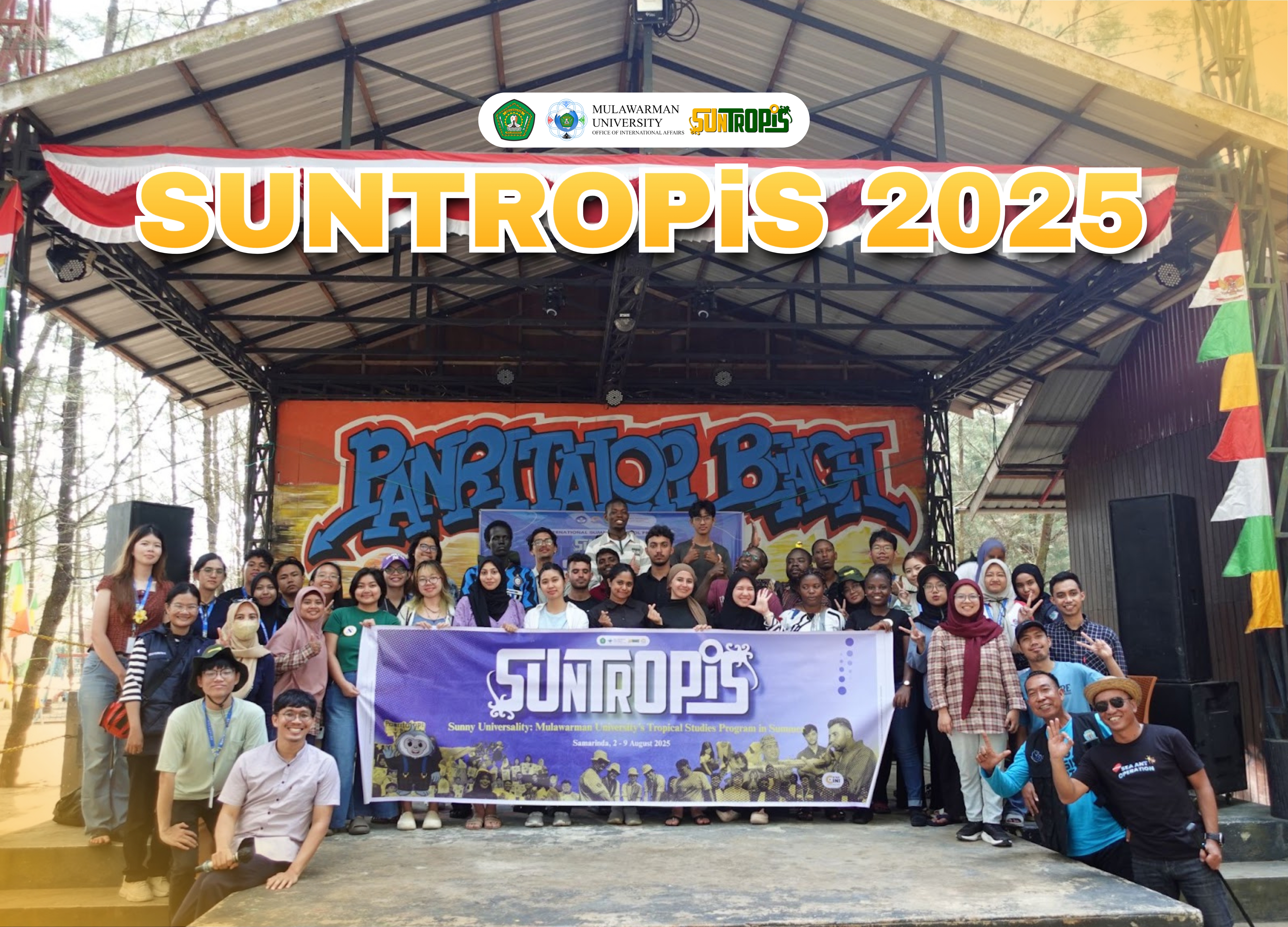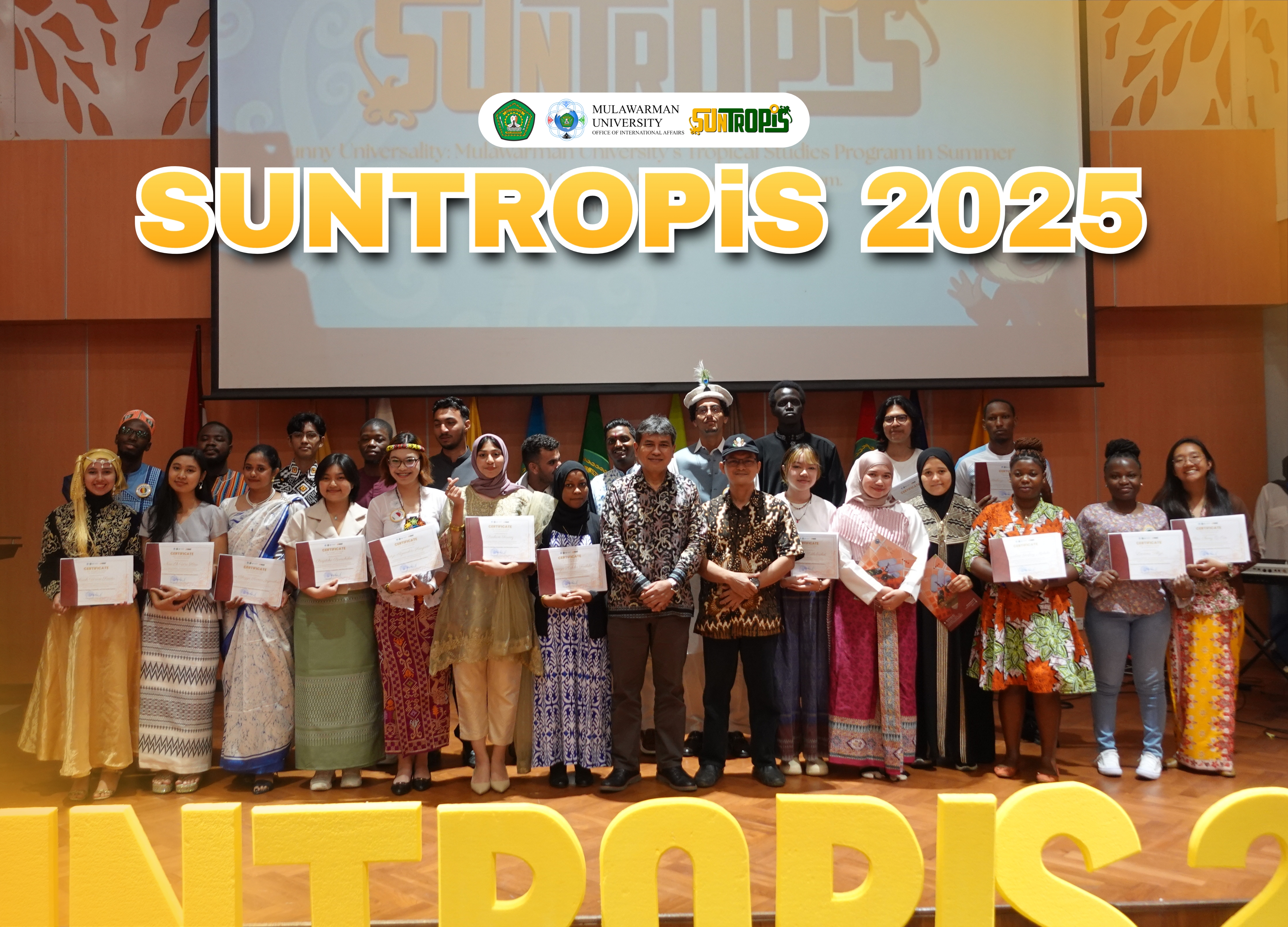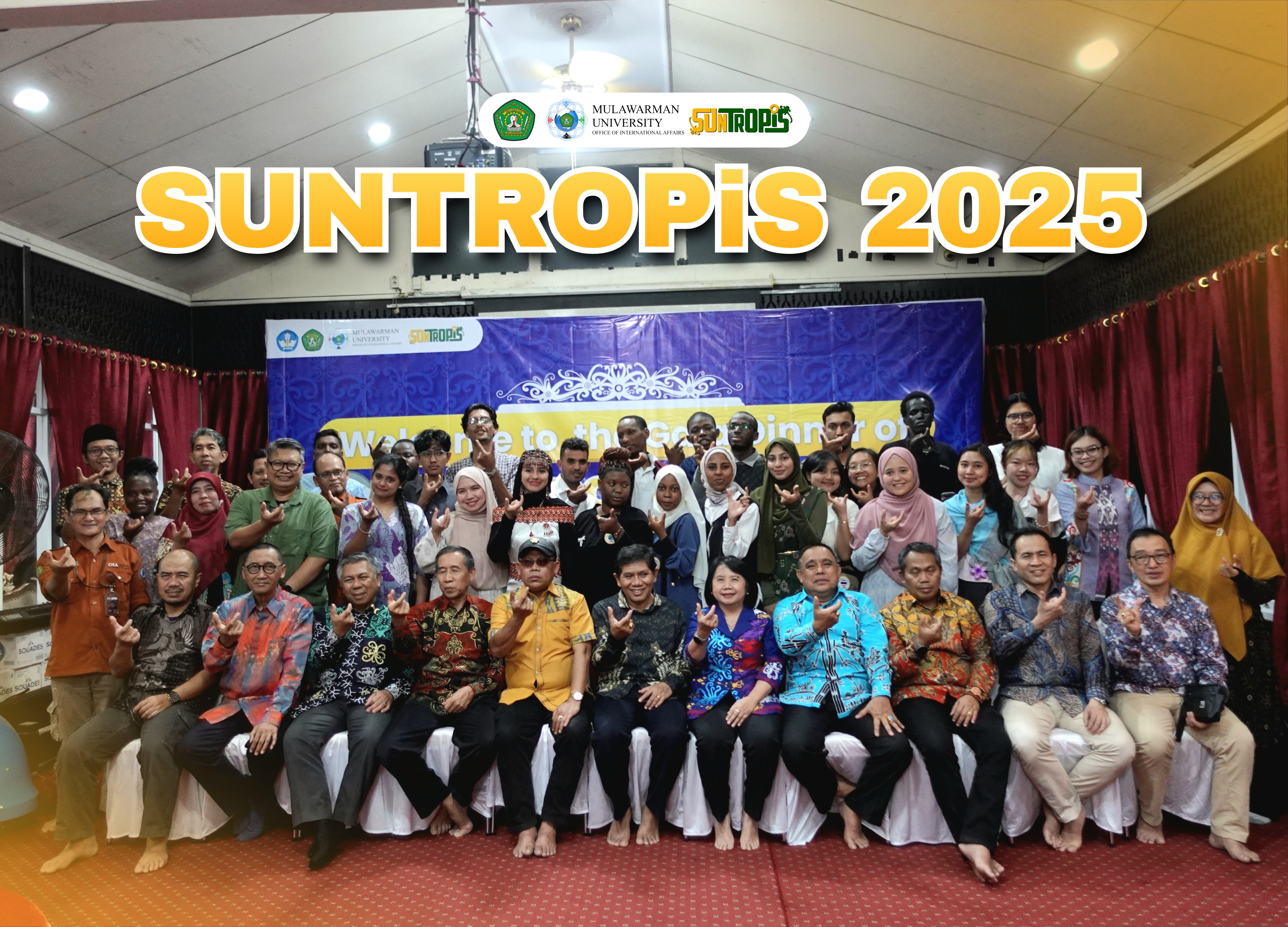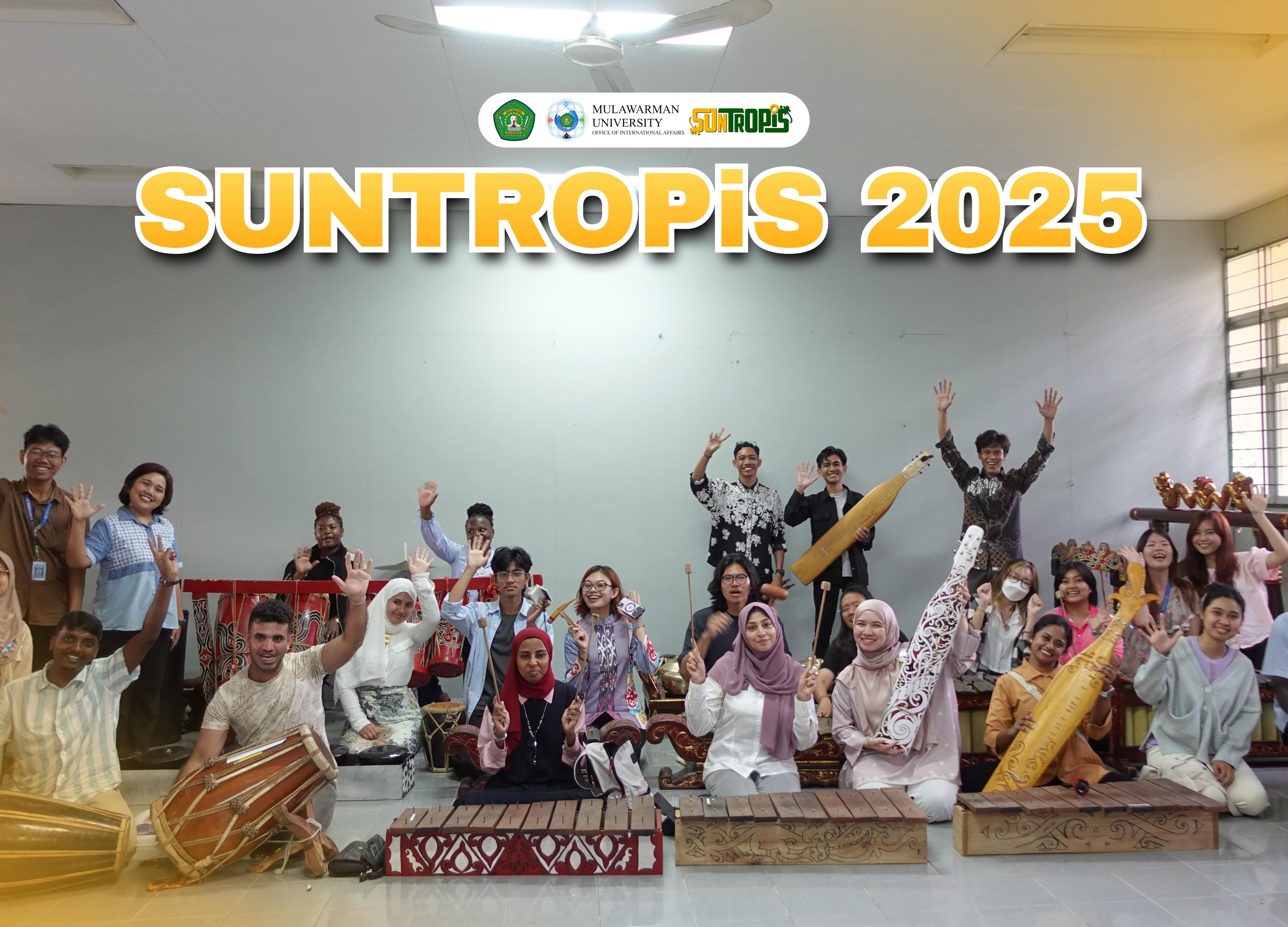Coral reefs are among the most remarkable ecosystems on the planet! Often referred to as the “rainforests of the sea,” they provide shelter for thousands of marine species and offer significant benefits to humans. Beyond their ecological role, their beauty attracts travelers from around the globe to dive and snorkel. Unfortunately, threats like climate change, pollution, and harmful fishing practices are putting their survival at risk.
These challenges highlight the urgent need for coral reef conservation efforts, both locally and internationally. Field trips offer students valuable hands-on experiences that not only deepen their understanding but also inspire a stronger sense of responsibility toward protecting these vital ecosystems.
On Thursday, August 7, 2025, participants set off from the dormitory to Muara Badak early in the morning, before boarding a boat bound for Batu Lampe Coral Reef — a location famous for its stunning marine scenery. Before starting the snorkeling activity, the Faculty of Fisheries team from Mulawarman University provided a briefing on the safe and correct use of snorkeling gear.
Once prepared, the participants plunged into the crystal-clear waters, marveling at the colorful coral formations and tropical fish swimming nearby. This was not just a recreational activity, but also an educational opportunity to learn about marine biodiversity and the importance of preserving it.
The trip continued to Panrita Lopi, where participants attended a session on fish ball processing delivered by the Faculty of Fisheries team. Afterwards, they enjoyed free time to explore the beach, stroll along the soft white sand, or simply relax while listening to the sound of the waves.
In conclusion, coral reefs are irreplaceable natural treasures. Despite the serious challenges they face due to human activities, everyone has a role to play in their protection. Combining local action with global strategies, along with educational programs like this, is a crucial way to prepare future generations to become active stewards of marine conservation.
Reporter: Brenda Angellica




